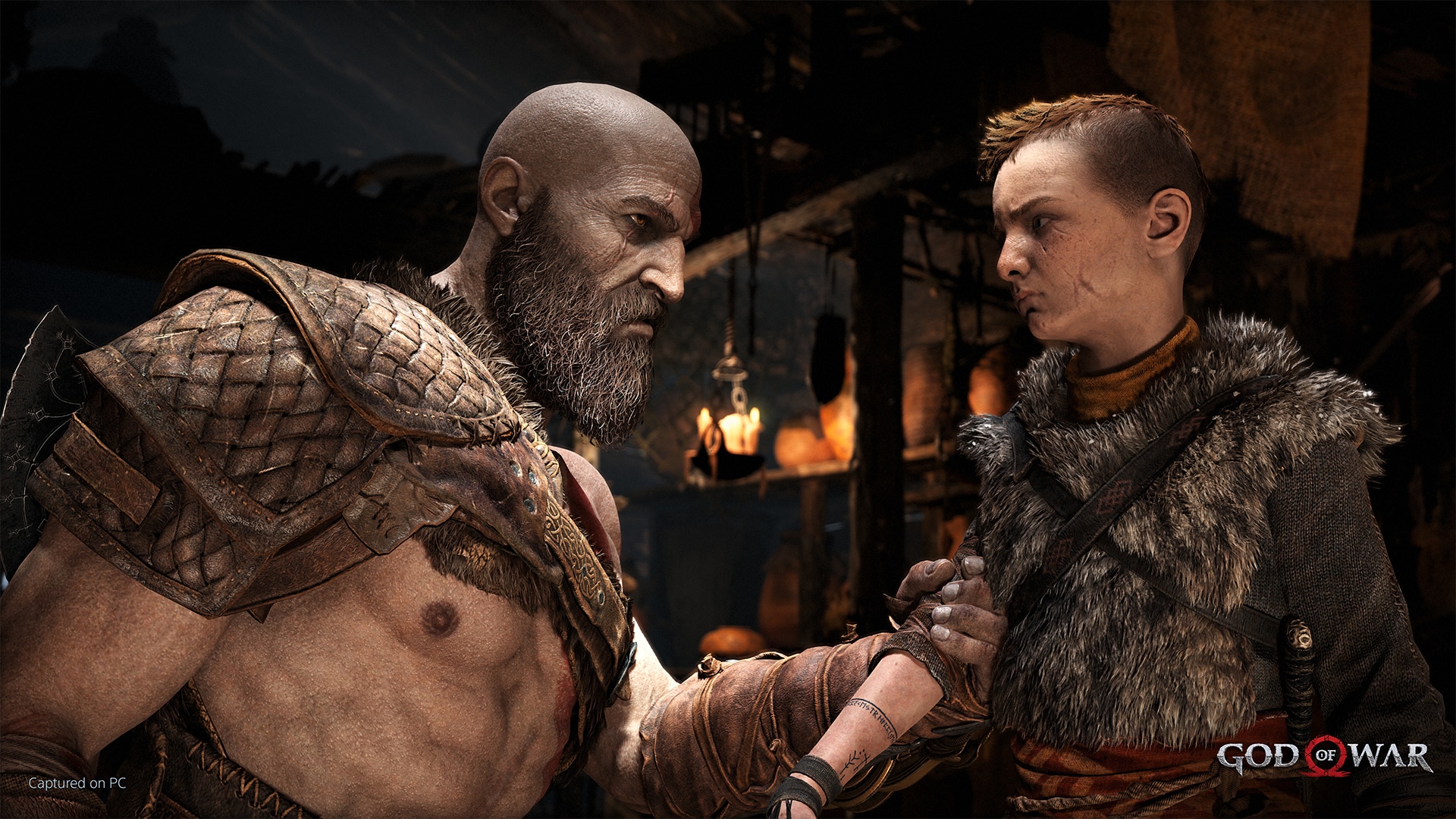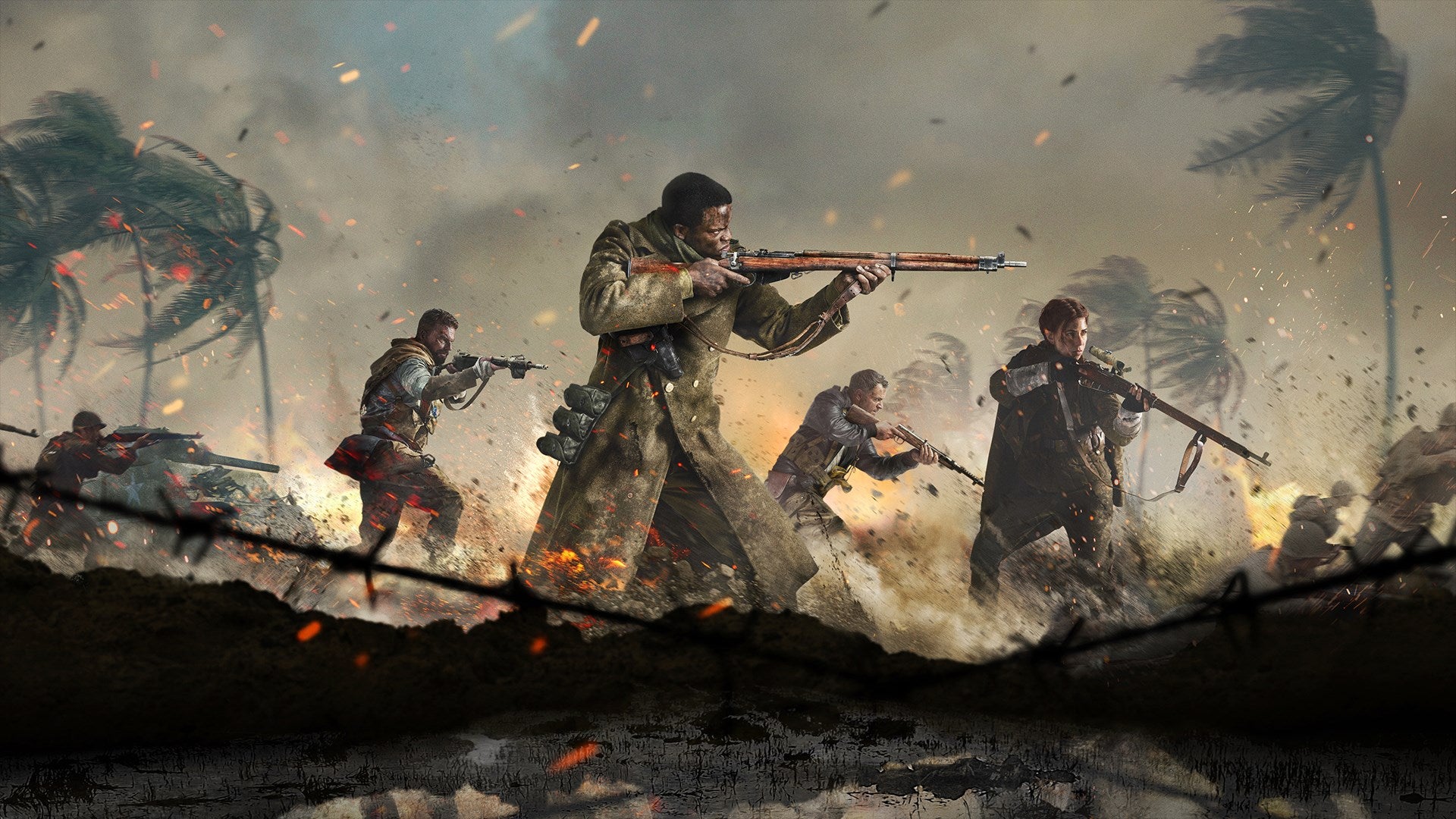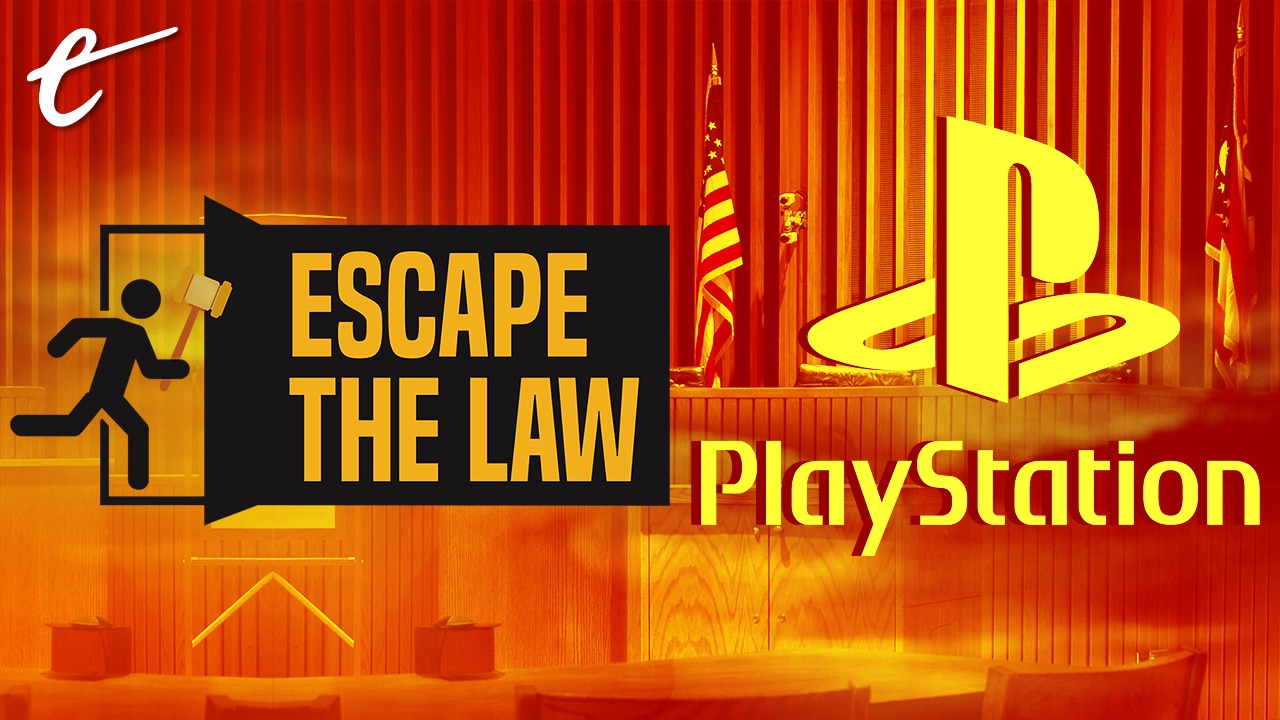Sony made the news this week after a former employee filed a class action lawsuit alleging gender discrimination. In the abstract, the filing of a lawsuit wouldn’t be especially newsworthy or surprising — large companies are sued for discrimination all the time. Indeed, all of Fortune’s top 25 companies (if not all 500) have been sued for gender discrimination. And this isn’t even the first time Sony has faced these kinds of claims.
What makes this suit stand out is the fact that it follows right on the heels of the ongoing Activision Blizzard lawsuit. In fact, I wasn’t able to find a single article about the Sony suit that didn’t draw a direct parallel to Activision. The common thread in the coverage is that the suit is the continuation of a “reckoning” in the gaming industry.
In a sense, that narrative is beyond dispute. In the last few years, the gaming industry has faced a reckoning, as some of the largest players (Activision, Riot Games, Ubisoft) have been taken to task for toxic workplace cultures, significant pay gaps, and other forms of systemic discrimination. The fact that Sony is now facing the same kind of claims could reasonably be viewed as more of the same — Activision and Ubisoft had their time in the sun; now it’s Sony’s time to face the music and clean up its act.

But while I can’t say the “reckoning” narrative is wrong, I don’t think it’s the best way to understand what’s happening here. Simply put, the allegations in the recently filed Sony complaint are of a substantially different character than those at issue in any of the Activision, Riot Games, or Ubisoft cases. The allegations against Sony are par for the course in employment discrimination cases — the plaintiff alleges that she received lower pay than male colleagues, that she was passed over for promotion, and that supervisors made gender-biased comments about her and other female employees. (“For instance, if a female worker had some personal issue at any given time, managers would talk about how, ‘we can understand she is not performing well because she has a lot going on at home.’”)
The claims levied against Activision, Riot Games, or Ubisoft are of a different character. To be sure, those cases did involve claims of pay and promotion disparity and gender-biased comments. But those allegations were just the beginning. The Activision case also involves allegations of “constant sexual harassment,” sexual assault leading to suicide, and “frat house” culture extending all the way up to the CEO. In the days after the complaint was filed, footage surfaced of high-level executives making sexist jokes and comments at BlizzCon. The claims against Riot Games were similarly salacious, (“There are unsolicited and unwelcome pictures of male genitalia shown to employees from their bosses … Another female employee recalled a colleague once informing her that she was on a list getting passed around by senior leaders detailing who they would sleep with.”) as were those against Ubisoft.
As explained above, gender discrimination — and gender discrimination lawsuits — are all too common in corporate America. For companies with lots of employees, these suits are something of an inevitability — the more employees you have, the more opportunities there are for unlawful conduct and the harder it is to avoid or root out improper conduct. And even for companies that have their house in order, more employees mean more opportunities for someone to perceive discrimination. But while gender suits in general are commonplace, the claims levied against Activision, Riot, and Ubisoft are not.

This is why the “reckoning” narrative is a bit of an oversimplification. The reckoning experienced by the video game industry speaks primarily to the unfathomable levels of abuse and toxicity at issue in the Activision / Riot / Ubisoft cases. Characterizing the suit against Sony as an extension of those cases essentially equates the commonplace allegations from the Sony case with the more extreme claims levied against the other companies. In doing so, it simultaneously overstates the claims made against Sony and understates (drastically) the claims against Activision / Riot / Ubisoft.
To be sure, Sony is part of the gaming community and has to deal with the same cultural problems as other industry players — no one has claimed otherwise. But as it stands, there is no indication that Sony is guilty of anywhere close to the extreme misconduct alleged against its competitors.
It remains to be seen whether the case against Sony will succeed. At this point, all we have is the complaint, which is fairly generic. We’ll have to wait a few more months to see how Sony will respond. (In all likelihood, Sony will try to have the case dismissed, but it may opt to settle instead, depending on if it thinks the claims are strong.) In the meantime, Sony fans can rest easy knowing that, unless something changes, Sony — for all of its imperfections — is no Activision. The time of reckoning is at hand. But not for Sony.






Published: Nov 28, 2021 02:00 pm